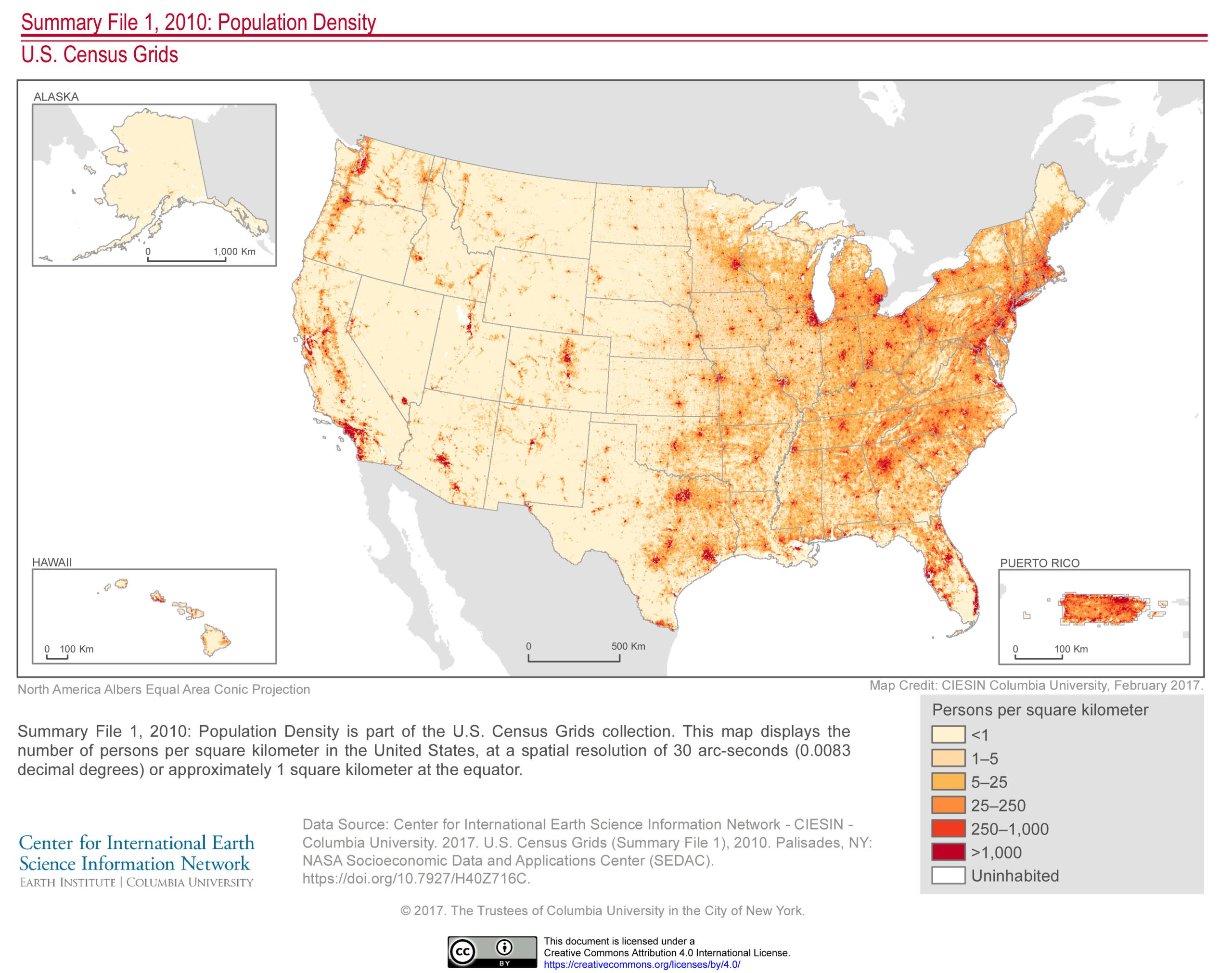New Jersey’s Problem Gambling Rate Exceeds National Average by Threefold
Problem gambling is a serious issue that affects individuals and communities across the United States. While gambling can be a harmless form of entertainment for many, it can spiral into a destructive habit for some. In the state of New Jersey, the problem gambling rate has reached alarming levels, exceeding the national average by threefold.
According to recent studies, approximately 6% of adults in the United States are affected by problem gambling. However, in New Jersey, this number jumps to a staggering 18%. This means that nearly one in five adults in the state is struggling with gambling-related issues. These statistics highlight the urgent need for increased awareness, prevention, and treatment programs to address this growing problem.
Several factors contribute to New Jersey’s high problem gambling rate. Firstly, the state is home to Atlantic City, a renowned gambling destination on the East Coast. With numerous casinos and a vibrant gambling culture, it is no surprise that the availability and accessibility of gambling opportunities contribute to the higher prevalence of problem gambling.
Additionally, New Jersey has embraced online gambling, becoming one of the first states to legalize and regulate it. While online gambling provides convenience and entertainment for many, it also poses risks for vulnerable individuals who may find it difficult to control their impulses. The ease of access and anonymity offered by online platforms can exacerbate problem gambling behaviors.
The consequences of problem gambling extend beyond the individual struggling with the addiction. Families, friends, and communities are also affected by the financial, emotional, and psychological toll it takes. Problem gamblers often experience financial hardships, strained relationships, and a decline in mental health. Moreover, communities may suffer from increased crime rates, bankruptcy, and other social issues associated with problem gambling.
Recognizing the severity of this issue, New Jersey has taken steps to address problem gambling. The Council on Compulsive Gambling of New Jersey (CCGNJ) is a non-profit organization dedicated to providing support, education, and treatment services for individuals and families affected by gambling addiction. They offer a helpline, counseling services, and prevention programs to raise awareness and promote responsible gambling.
In addition to the efforts of organizations like CCGNJ, the state has implemented self-exclusion programs that allow individuals to voluntarily ban themselves from entering casinos or participating in online gambling. This initiative aims to provide a tool for individuals to regain control over their gambling habits and seek help if needed.
Furthermore, New Jersey requires all licensed casinos and online gambling platforms to contribute a portion of their revenue towards problem gambling initiatives. This funding helps support treatment programs, research, and public awareness campaigns aimed at reducing the prevalence of problem gambling.
While these measures are commendable, more needs to be done to address the underlying causes of problem gambling and provide adequate support for those affected. Increasing public awareness about the risks associated with gambling, promoting responsible gambling practices, and expanding treatment options are crucial steps in combating this issue.
It is essential for individuals to recognize the signs of problem gambling in themselves or their loved ones. Common indicators include an inability to control gambling behavior, preoccupation with gambling, neglecting responsibilities, and experiencing financial difficulties due to excessive gambling. Seeking help from professionals and support groups can make a significant difference in overcoming this addiction.
In conclusion, New Jersey’s problem gambling rate exceeding the national average by threefold is a cause for concern. The state’s vibrant gambling culture, coupled with the rise of online gambling, has contributed to this alarming statistic. However, efforts by organizations like CCGNJ and the implementation of self-exclusion programs demonstrate a commitment to addressing the issue. By increasing awareness, providing support, and promoting responsible gambling practices, New Jersey can work towards reducing the prevalence of problem gambling and its associated consequences.



